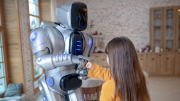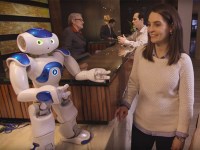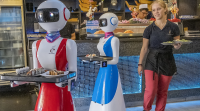Hotel Robots & AI: Implications for the future of the industry?
Do you want an artificial humanoid robot to greet a guest paying in your hotel? Do you think the guest would prefer the convenience and ease of service robots over the warmth and hospitality of a human being?
AI can bring both opportunities and challenges to the hospitality industry. This article reviews the development and the impact of AI in the hospitality sector.
Robots And Humans Working Together
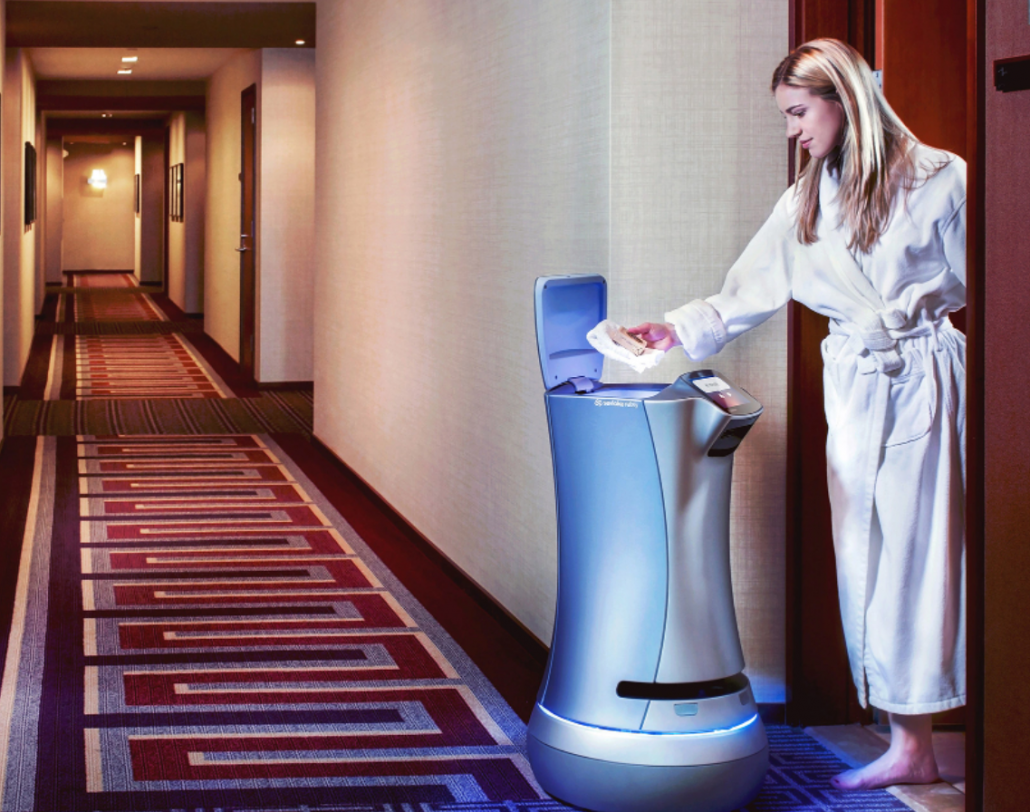
The idea may sound futuristic, but the application of Artificial Intelligence (AI) is fast changing the business model as usual for the hotel industry.
AI has the potential to alter the customer experience as we know it and provide effective tools that aid humans make better decisions that will affect the entire workforce of the industry.
The issue is to ensure that companies incorporate AI or frontline support robots fairly and equitably. To do this, we have to look at multiple dimensions, including:
- The ethical concerns associated with robots’ use in service delivery (replacement of responsibility, accountability in the form of trust/safety, privacy/data security, and autonomy, as well as human signals).
- Experience for customers (customer-robot interactions).
- The optimization of robots’ usage by employees (employee-robot interaction/co-creation with a robot).
How Can AI Help Improve Customer Experience?
In allowing robots to do repetitive tasks for humans, AI is redesigning the customer experience. However, to what extent? It remains a nebulous one. But, robots can now assist employees or even substitute them in some instances.

Robots are becoming increasingly developed with special features that permit them to take on some of the most important jobs in the industry. For example, they can fulfill some of the duties of waiters, a barista, and housekeeping staff.
One outstanding example is Henn na Hotel Tokyo Ginza which gambled on risk to automate most of its operations and services as was possible through the help of obsolete robots.
The aim was simple the robots could contribute to the experience of customers as well as increase margins by cutting costs and reducing employees and workloads. However, not everything went as planned, and the feedback was mixed.
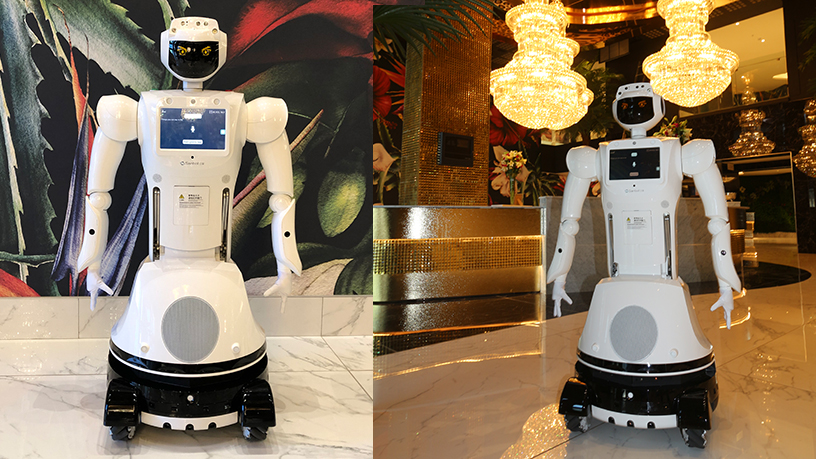
A large percentage of the robots were more adept at creating work for their human counterparts than reducing it.
The experiment failed, and the hotel wound with the sacking of more than 50% of its 243 strong robots following complaints from staff and customers.

